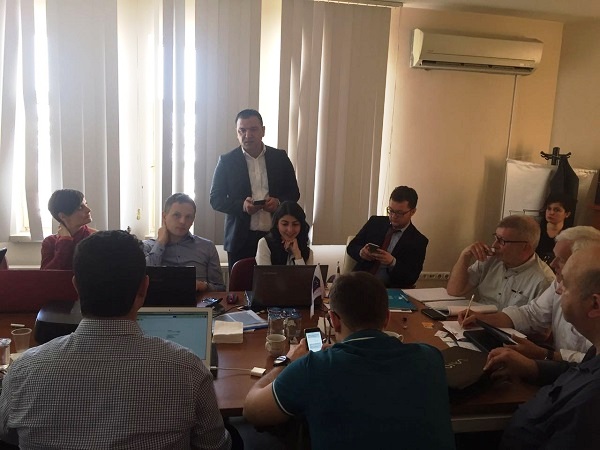Emotional Intelligence Skills Development to Foster Youth Employability
Emotional intelligence can greatly impact youth work life and career, so it’s important to understand exactly what it is and why it is so important. Every workplace is comprised of people with different strengths, personalities and emotions, which can greatly affect the way they work. Emotional intelligence is the ability to identify and manage youth emotions as well as the emotions of others. Emotional Intelligence is a wide range of skills that youth of all ages can develop and improve. These skills are critical for emotional well-being and life success including Intrapersonal Skills, Interpersonal Skills, Adaptability, Stress Management and General Mood. These skills are divided into sub-skills that address such things as Problem Solving, Happiness, Flexibility and other critical emotional and social competencies. The right academic background, professional experience and certifications are obviously necessary to land a higher position. Emotional intelligence, however, can be the key to further success, particularly when moving into management positions. Employers say emotionally intelligent managers rate higher in job satisfaction and lower in levels of turnover. If youth career plans include a leadership position, emotional intelligence can help you develop teams who are happier and more productive in their work, and more likely to stay in their positions. It’s clear that emotional intelligence can be an asset to youth professional life. The business world is always changing and emotions are becoming a much more important aspect of working relationships. Having emotional intelligence increases youth chances of being more accepted on teams and considered for leadership positions. It can also set you apart from the competition when seeking a new position or promotion.Employers are looking for candidates who know how to listen and communicate well – both important aspects of emotional intelligence. They also prefer youth who are adaptable to changing work environments, not rigid and inflexible. Other attributes employers seek in youth during the hiring process include self-management, the ability to work in teams and strong leadership potential. All of these competencies are intertwined in emotional intelligence.
2015-3-TR01-KA205-024834
https://erasmus-plus.ec.europa.eu/projects/search/details/2015-3-TR01-KA205-024834






